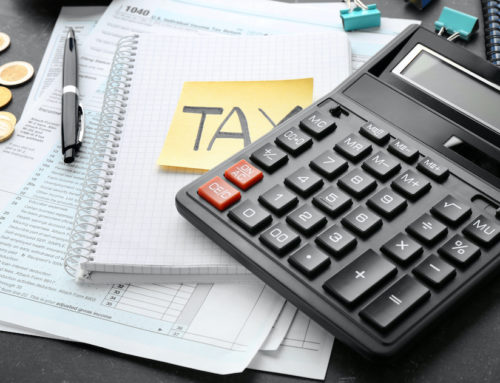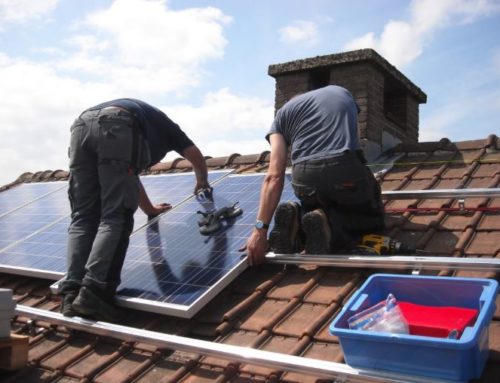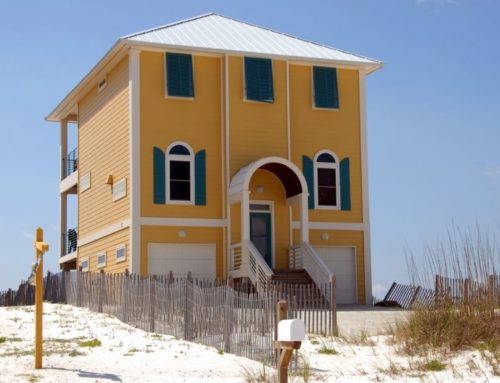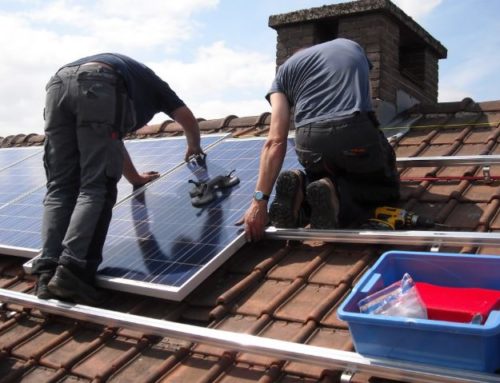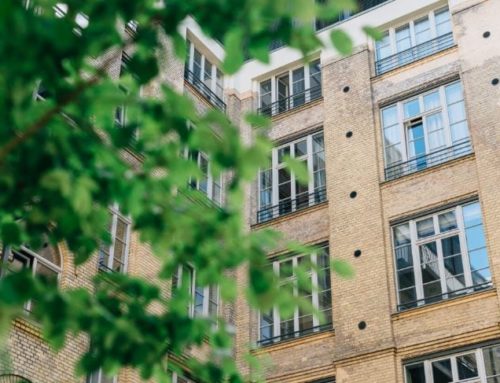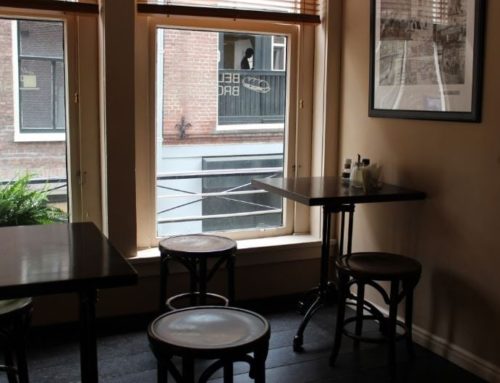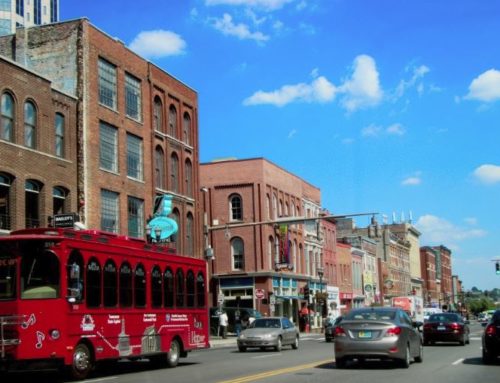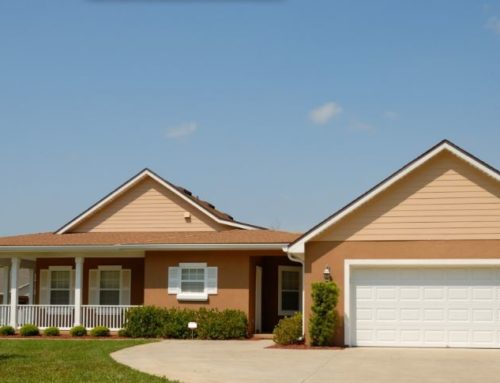
North Carolina Disabled Veterans Homestead Property Tax Relief
We have worked with many veterans interested in flipping houses or purchasing rental properties. So, we like to pass along information that might benefit veterans when we come across it.
Did you know that in North Carolina, veterans with a 100 percent total and permanent disability might qualify for a nice sizes property tax benefit? As usual, veterans seeking a benefit like this must have been honorably discharged. Unlike some other programs though, there is absolutely no age or income requirement for this North Carolina program. So, even if you are making good money on your rental home, you can still take advantage of this tax relief on your homestead. Surviving, unmarried spouses of these veterans also qualify.
Qualifying veterans or their surviving spouses can see an exclusion of the first $45,000 of the assessed value on their homesteads for property tax purposes. So, if the house gets assessed at $150,000, the veteran pays taxes as though it was assessed at $105,000!
Are You Looking for a Hard Money Loan to Flip a House?
Paces Funding is a hard money lender offering hard money loans to purchase and renovate non-owner occupied residential and commercial properties throughout the Atlanta, Nashville, Florida, or the North and South Carolina metropolitan areas. Our application process for hard money loans is easy. Just fill out this very simple online form and you will be contacted shortly. Unlike other lenders, the window between applying and funding is very small. We have funded properties in as a little as one day, but typically funding hard money loans takes about seven to ten days.
Call us at 404-814-1644 or contact us online to find out whether you might qualify for this type of funding. In the meantime, check to ensure that you meet our loan criteria. Our loan amounts can be up to 65 percent of the after-repaired value of the collateral—and if you use the loan for renovation or construction, the loan amount can be based on the collateral’s improved value.


